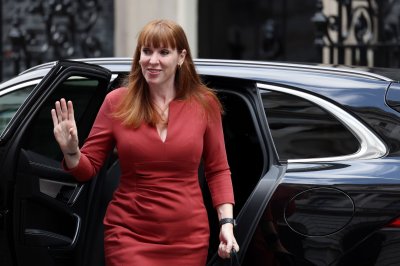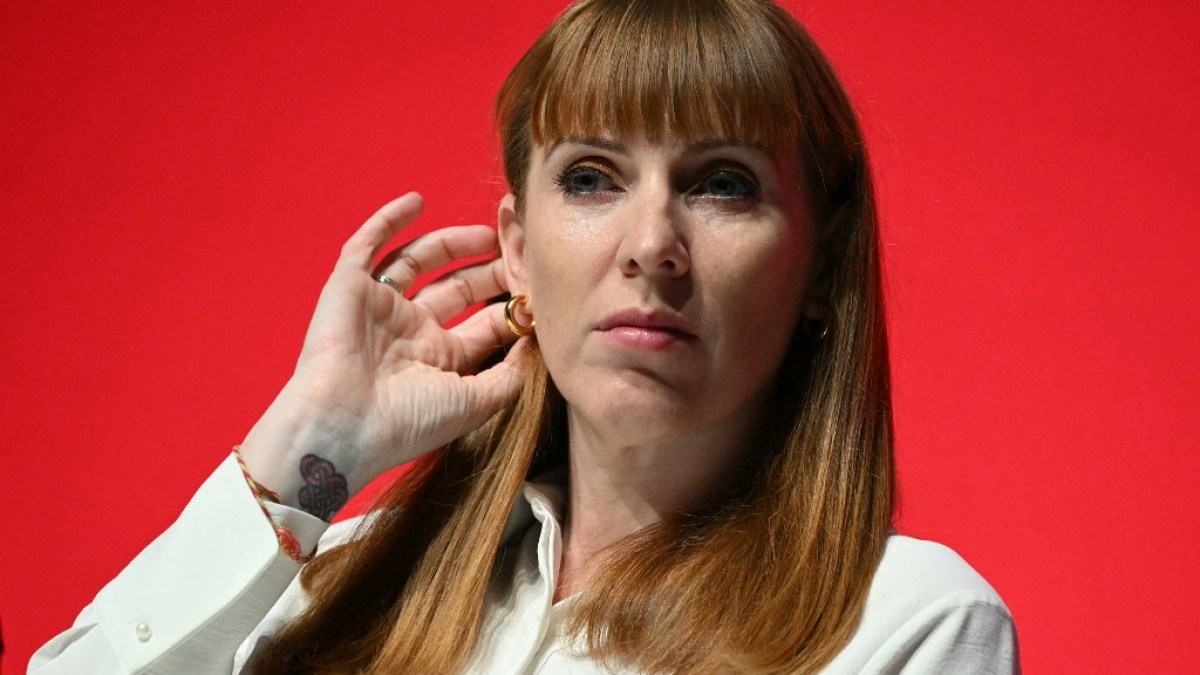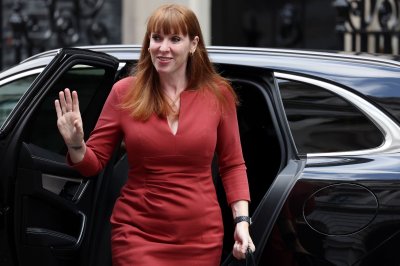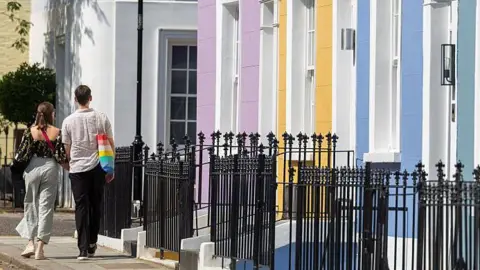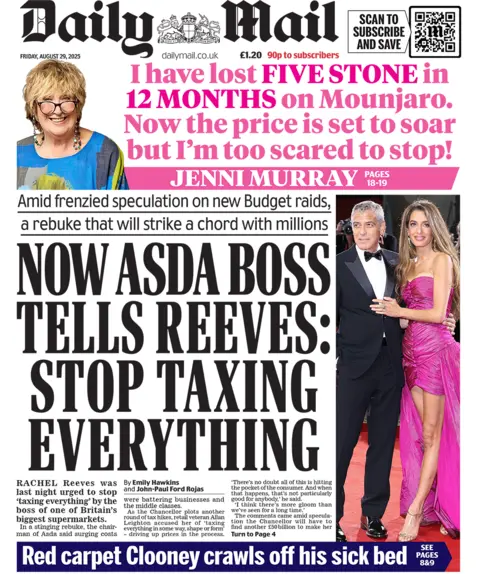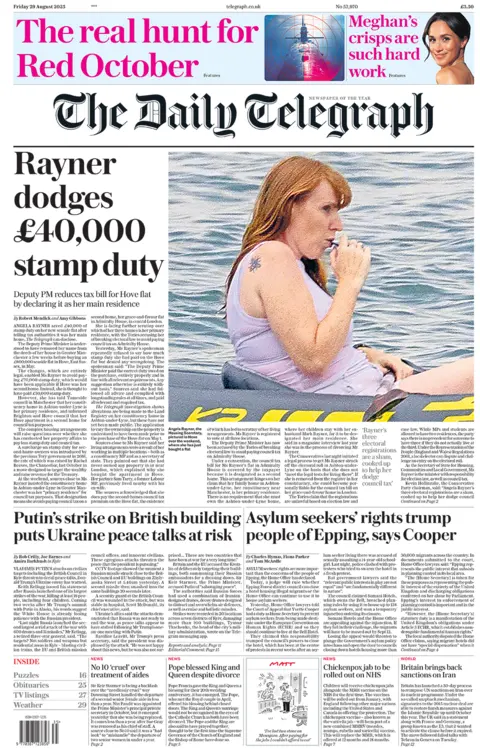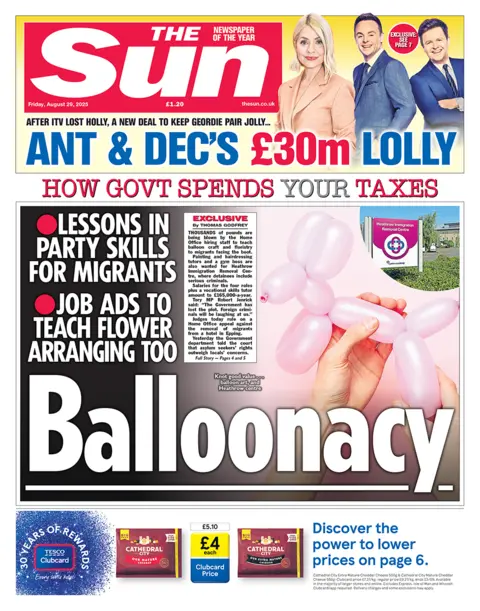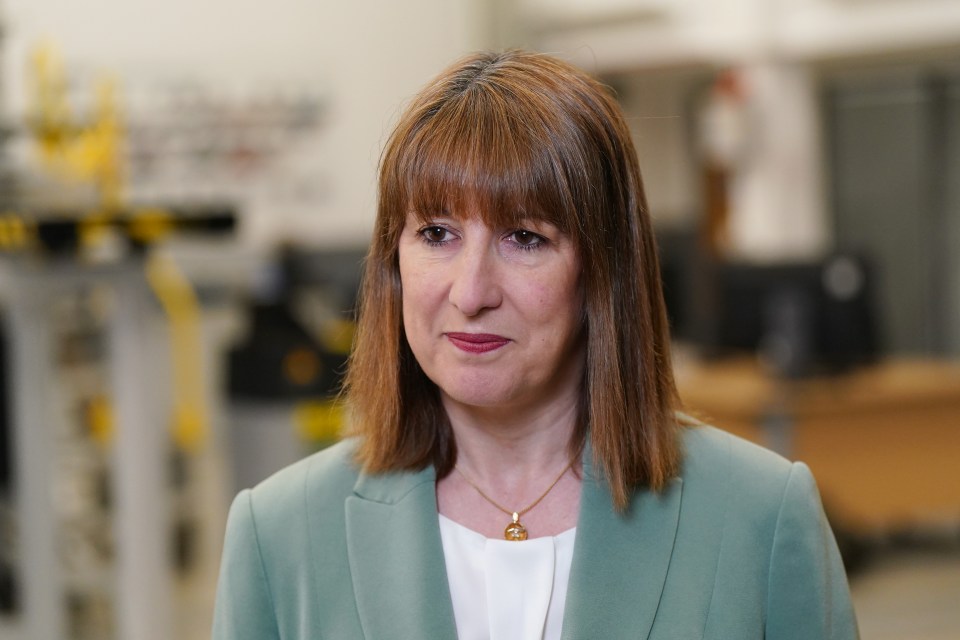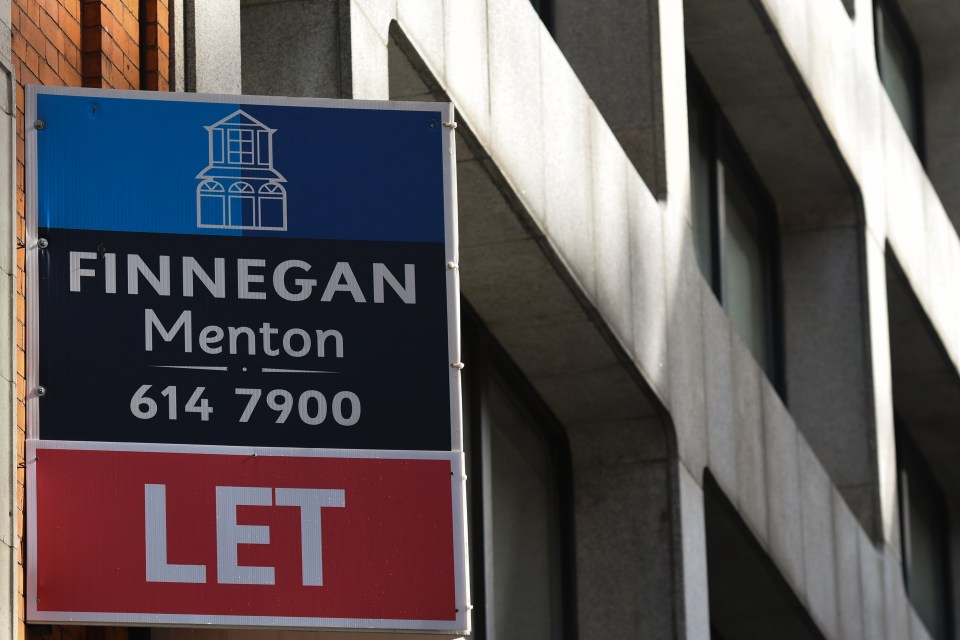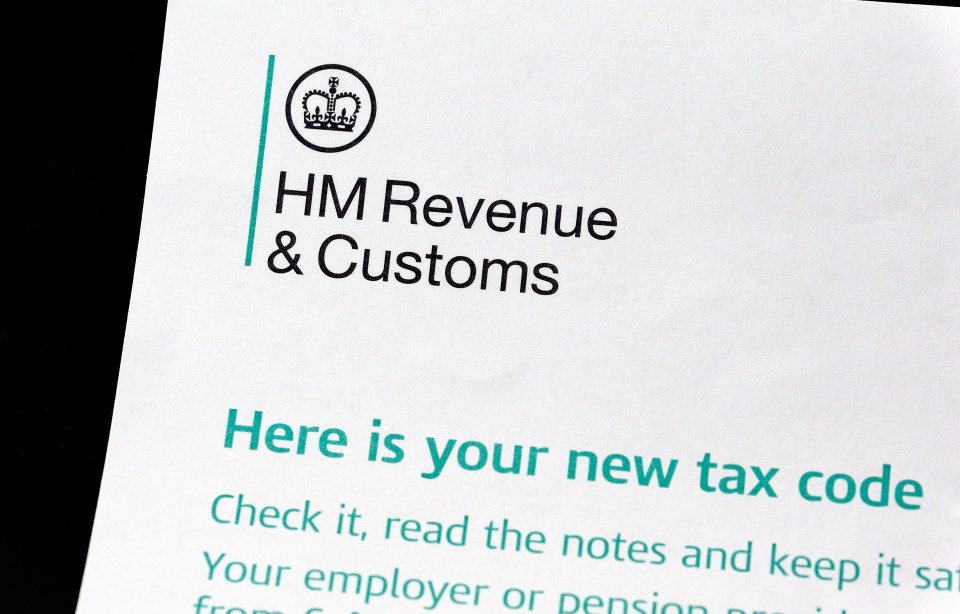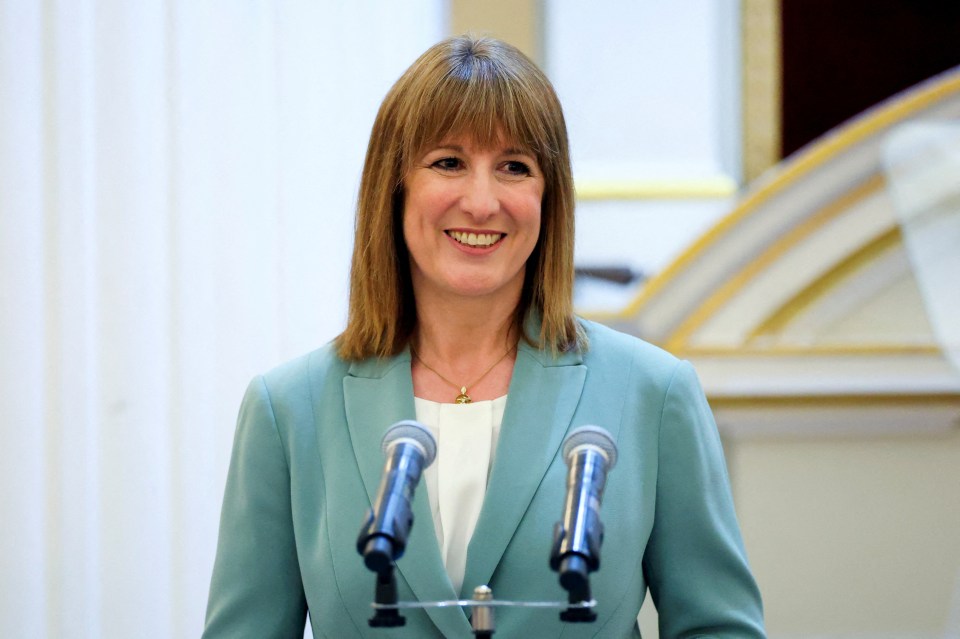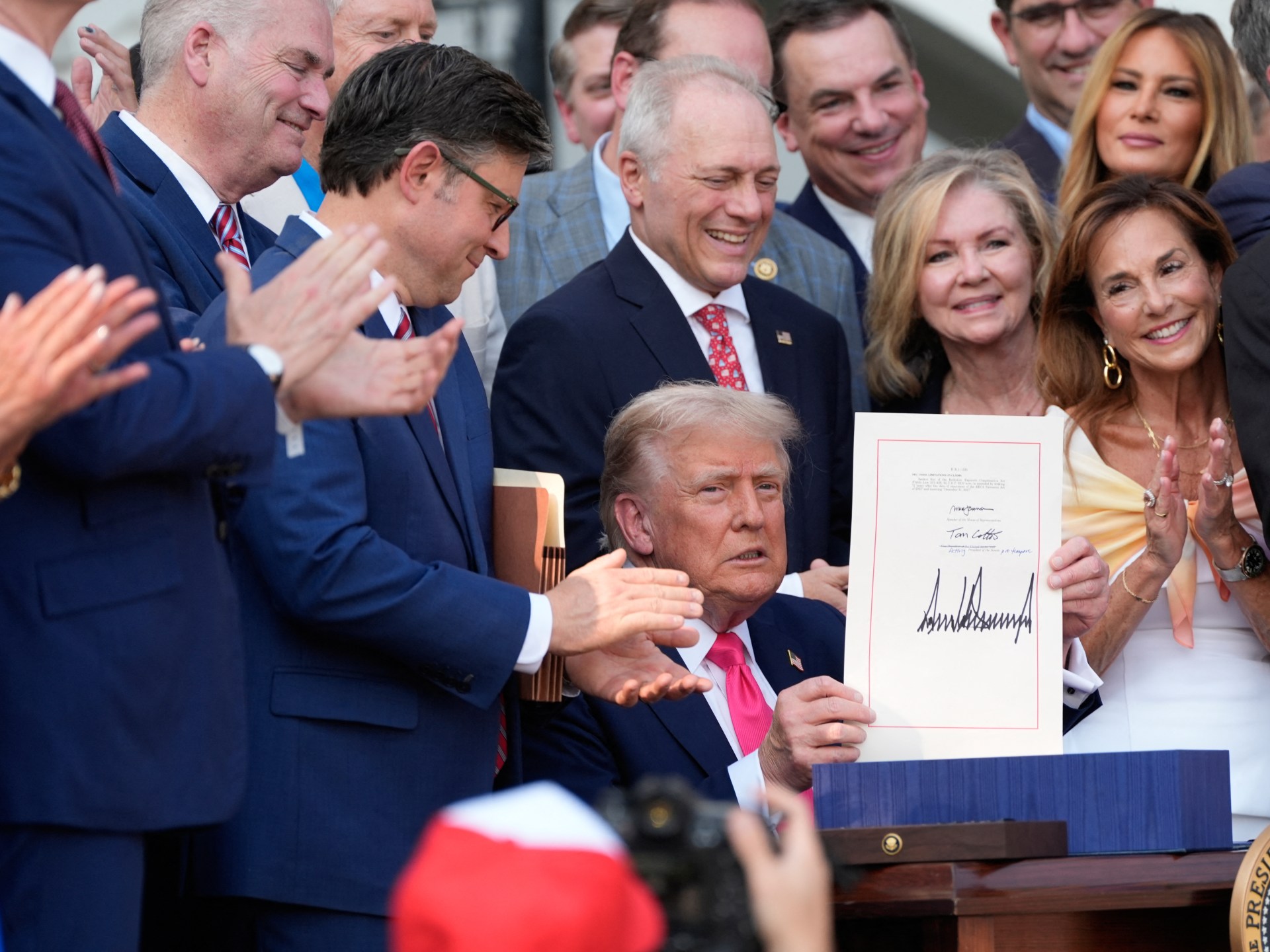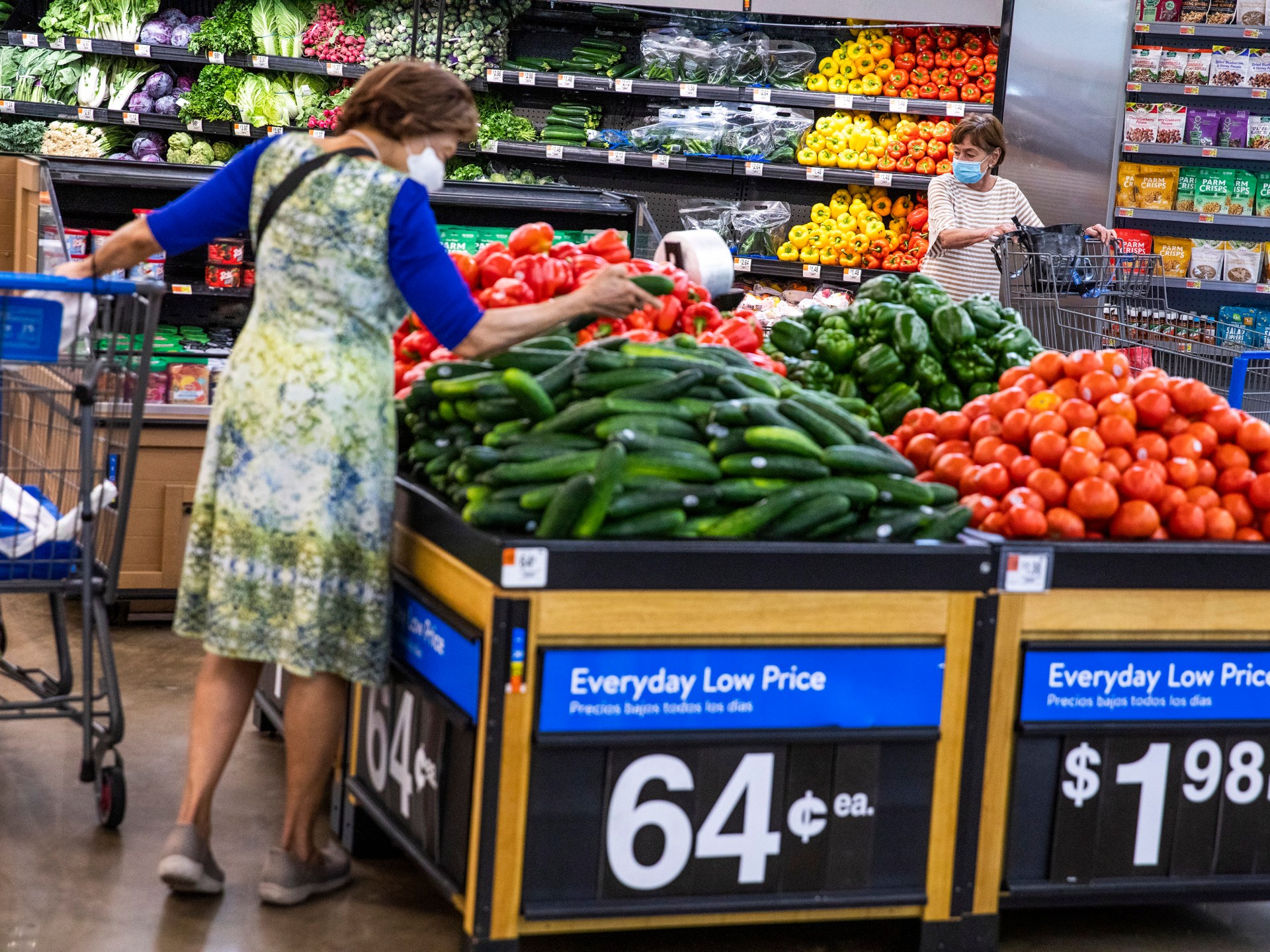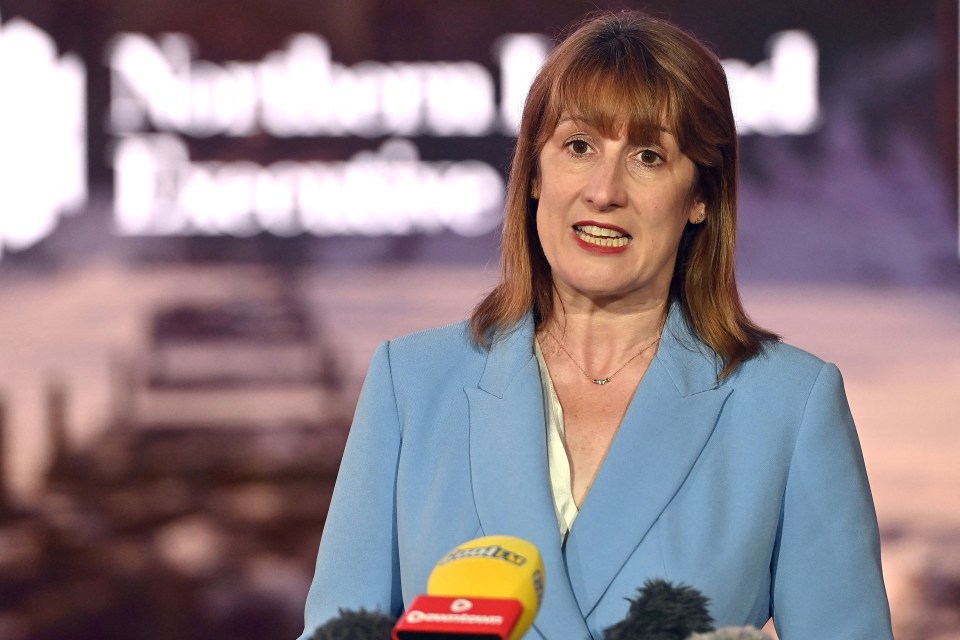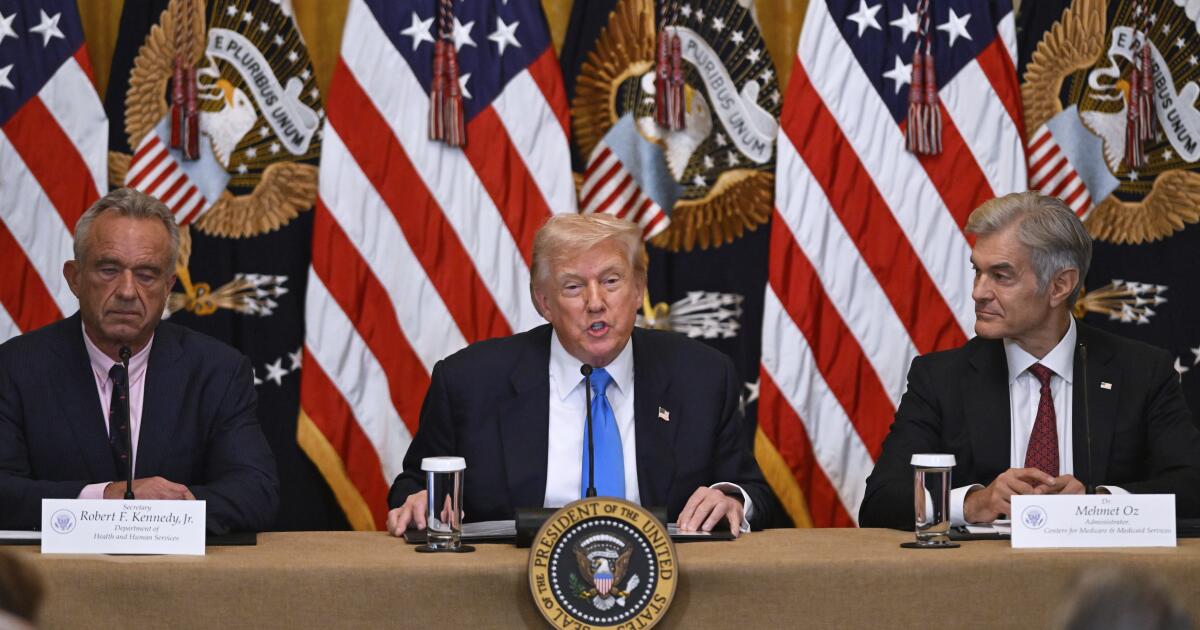A fight over taxes consumers pay for cannabis products has prompted a standoff between unusual adversaries: child-care advocates and the legal weed industry.
On July 1, California’s cannabis excise tax increased from 15% to 19% as part of a political deal struck in 2022 to help stabilize the fledgling legal market. But the industry now says the increase is untenable as it faces a sharp decline in revenue and unfair competition from the growing illicit market.
An industry-sponsored bill moving through the Legislature — and already passed by the Assembly — would eliminate the tax increase and lower the rate back to 15% for the next six years. This would reduce by $180 million annually the tax revenue that the state contributes toward law enforcement, child care, services for at-risk youth and environmental cleanup.
The losses include about $81 million annually that would have specifically funded additional subsidized child-care slots for about 8,000 children from low-income families.
“They are choosing the cannabis industry over children and youth,” said Mary Ignatius, executive director of Parent Voices California, which represents parents receiving state subsidies to help pay for child care.
Child care faces setbacks
The tension over taxes for legal weed versus child care — both industries in crisis — highlights the inherent pitfalls of funding important social services with “sin taxes,” whether it’s alcohol, weed or tobacco — funding that experts say is often unstable and unsustainable.
Engage with our community-funded journalism as we delve into child care, transitional kindergarten, health and other issues affecting children from birth through age 5.
The measure’s next stop is the Senate. All bills in the Legislature must be passed by Sept. 12, and the governor must sign them by Oct. 12.
“We can both support the legal cannabis industry and protect child care. If the measure reaches the governor’s desk and is signed into law, we will work with the Legislature to ensure there are no cuts to child care due to this policy change,” said Diana Crofts-Pelayo, a spokesperson for Gov. Gavin Newsom.
But it’s unclear where money to backfill the losses would come from, as the state grapples with declining finances and federal funding cuts.
The money from cannabis taxes represents a fraction of California’s $7-billion annual child care budget. But as federal cuts to social services for low-income families, including Head Start, continue, any potential loss creates a sense of panic among child care advocates who say California ought to be shoring up revenue options right now — not reducing them.
“Every single dollar needs to remain in the programs that are serving our children and families. What may seem like a small amount to some is everything for advocates who are fighting for it,” said Ignatius.
The past decade has been a time of progress for child care advocates, as the state rebuilt a child care industry decimated by cuts during the Great Recession. California has more than doubled spending on child care since the recession low, added about 150,000 new subsidized child care slots, eliminated the fees paid by families, increased pay for child care workers and added a new public school grade level for 4-year-olds.
But despite these efforts to bolster the market, California’s child care industry still suffers from low pay for workers, unaffordable costs for families, and a shortage of spaces for infants and toddlers.
The waiting list for subsidized child care slots is still so long that some parents have taken to calling it the “no hope list,” said Ignatius. Those who join the list know they could wait years before a spot opens up, and by that time their child may already be in kindergarten or beyond.
Jim Keddy, who serves on an advisory committee to help determine what programs the tax will finance, opposes the proposed reduction.
“If you don’t work to promote and hold on to a funding stream for children, someone eventually takes it from you,” said Keddy, who is also executive director of Youth Forward, a youth advocacy organization.
The cannabis industry, however, argues that while the causes the tax supports may be worthwhile, market conditions are so abysmal that it cannot weather an increase.
Legal cannabis industry struggles to remain afloat
“It is sad that the cannabis industry is being pit against social programs, childhood programs and educational programs,” said Jerred Kiloh, president of United Cannabis Business Assn. and owner of the Higher Path dispensary in Sherman Oaks. “The reality is, if our legal industry keeps declining, then so does their tax revenue.”
In 2022, when the cannabis industry agreed to increase the excise tax, quarterly cannabis sales were at their peak. The agreement offered the new industry temporary relief by eliminating the cultivation tax passed by voters under Proposition 64, the 2016 initiative that legalized cannabis. In exchange, state regulators would be able to increase the excise tax after three years to make the change revenue neutral.
But since then, sales have plunged to their lowest levels in five years, due in part to the growing illicit market that is siphoning off sales from legal dispensaries.
In L.A., Kiloh said that between state and local taxes, his legal dispensary customers end up paying 47% in taxes on their purchase. But if they shopped instead at any of the thousands of stores in L.A. selling cannabis products without a license, they could avoid state and local cannabis taxes entirely.
“A 30% increase in an excise tax that is already egregious is just kind of the breaking point for a lot of consumers,” said Kiloh.
Even before the excise tax hike went into effect, just 40% of the cannabis consumed in California was obtained from the legal market, according to the California Department of Cannabis Control.
The measure to drop the excise tax, AB564, received widespread support from Assembly members, including stalwart supporters of early childhood education like Assembly Majority Leader Cecilia Aguiar-Curry (D-Winters), chair of the Legislative Women’s Caucus.
“Revenues from legal sales of cannabis are already dropping and if we keep raising the tax they’ll drop even more. That penalizes cannabis businesses who are doing the right thing and working within the legal market. And, it makes illegal sales from cartels and criminals more competitive,” she said in a statement. “We need to fund our kids’ education through the State General Fund, but if we want to supplement education and youth programs, cannabis tax dollars will only exist if we steady the legal market and go after those illegal operators.”
How reliable are sin taxes?
Lucy Dadayan, a researcher who studies sin taxes at the Tax Policy Center, a nonpartisan think tank based in Washington, D.C., said the California predicament reflects a larger problem with sin taxes.
If a sin tax is successful and consumption drops — as it has with tobacco — “the tax base shrinks. And in the case of cannabis, there’s the added wrinkle that a high tax rate can push consumers back into the illicit market, which also reduces revenue,” she said.
This is not the first time services for the state’s youngest children have been affected by reductions in a sin tax.
In 1998, California voters slapped cigarettes with a hefty surcharge to pressure smokers to give up their habit. The state used the money to fund “First 5” organizations in every county, which are dedicated to improving the health and well-being of young children and their families. But the less people smoked over time, the less money was available for early childhood programs, and the First 5 system now finds itself confronting an existential crisis as it faces a rapidly declining revenue source.
Meanwhile, the critical social services like child care that come to depend on sin taxes tend to get more and more expensive, creating a “mismatch” in the tax structure versus the need, said Dadayan.
“In the short term, these taxes can raise a lot of money and help build public support for legalization or regulation. But in the long term, they can leave important programs vulnerable because of shifting consumption patterns,” she said.
This article is part of The Times’ early childhood education initiative, focusing on the learning and development of California children from birth to age 5. For more information about the initiative and its philanthropic funders, go to latimes.com/earlyed.










